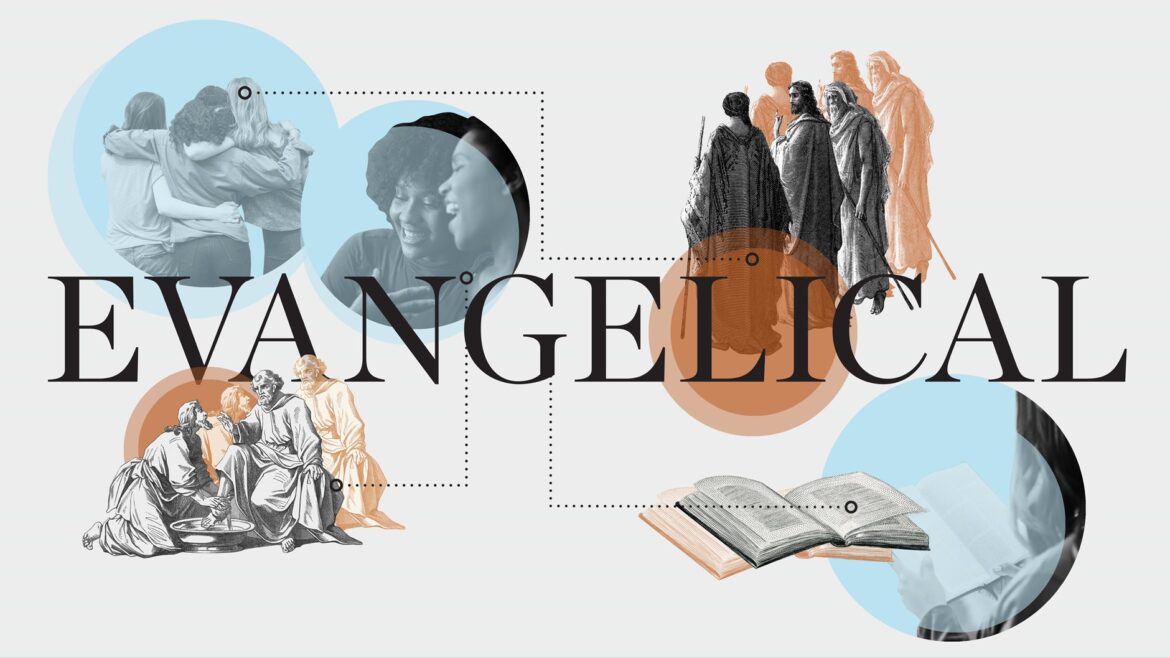Evangelical churches have garnered substantial interest in contemporary discourse, both for their doctrinal convictions and their sociocultural impact. With roots traced back to the Protestant Reformation, the term ‘evangelical’ transcends mere denominational boundaries to embody a comprehensive theological and missional ethos. This article aims to elucidate what constitutes an evangelical church by exploring its foundational elements, particularly the emphasis on conversion and the authoritative role of Scripture. Additionally, it will scrutinize the underlying reasons behind the fascination with this ecclesiastical movement.
At its core, an evangelical church is characterized by its commitment to the authority of Scripture as divinely inspired and infallible. This conviction requires adherents not only to read the Bible but also to interpret it within a framework that emphasizes personal faith and transformation. The concept of ‘sola scriptura’—that Scripture alone is the ultimate authority in matters of faith and practice—plays a pivotal role in the evangelical tradition. It is within this biblical framework that the church considers the significance of preaching conversion, aligning with Jesus’ imperative to go forth and make disciples of all nations, as recorded in the Great Commission (Matthew 28:19-20).
Conversion, as a theological tenet, reflects the transformative aspect of faith that evangelicals cherish. The act of being ‘born again,’ a phrase derived from John 3:3, encapsulates the experience of profound spiritual renewal and is often marked by a personal encounter with Jesus Christ. This focus on individual conversion is crucial, as it underscores a relationship that transcends institutional affiliation. Consequently, evangelical churches largely prioritize evangelism—outreach and missions aimed at disseminating the gospel message—which further feeds into their identity as a movement driven by personal testimonies of faith. Members are often encouraged to share their own spiritual narratives, thereby fostering a communal atmosphere rooted in conversion experiences.
Evangelical churches also display a remarkable diversity in practice and alignment, ranging from fundamentalist to more progressive expressions. Despite this variety, they generally coalesce around the core tenets of faith, notably the belief in the Trinity, the resurrection of Jesus, and salvation by grace through faith. These doctrinal touchstones act not only as unifying factors but also as points of contention within broader theological discussions. The richness of doctrinal interpretation and the resultant diversity is one reason why evangelicalism captures the imagination of many scholars and laypersons alike.
Furthermore, the insatiable curiosity surrounding evangelical churches often leads to probes into their sociocultural interactions. The intersection of faith and modernity creates a fertile ground for critical reflection on the church’s approach to contemporary dilemmas. Issues such as social justice, environmental stewardship, and political involvement reveal a complex relationship between faith and cultural engagement. For some, evangelicals are perceived as politically motivated or resistant to change, while others applaud their commitment to social issues as an extension of their faith. This dichotomy feeds into the fascination with evangelicals, as it raises substantial questions about identity, mission, and the role of the church in society.
Evangelical churches also exhibit a pronounced commitment to community life. Fellowship is vital, as it enhances spiritual growth and nurtures accountability among members. Many evangelical congregations engage in small group meetings, social events, and service projects, fostering a sense of belonging and shared mission. This relational component of church life helps to illustrate why evangelicals are often adept at attracting and retaining adherents. The creation of community around shared beliefs appeals to individuals seeking not only belonging but also communal affirmation of their faith journeys.
Another point of intrigue lies in the evangelical church’s approach to worship. Many employ contemporary music, multimedia elements, and participatory practices that enhance engagement. This modernized worship ethos attracts newer generations while maintaining traditional theological underpinnings. The stark contrast between the solemnity of liturgical traditions and the exuberance of evangelical worship services often prompts discussions about the evolution of worship styles and their implications for congregational identity.
In examining the societal impact of evangelical churches, it is crucial to consider their missionary activities that extend beyond national borders. Evangelical missions have historically played a significant role in global evangelization. Through initiatives addressing poverty, education, and health care, evangelical churches often endeavor to blend humanitarian efforts with their evangelistic mission. This dual focus not only enhances their global presence but also raises ethical questions about motives and methods.
Moreover, the media representation of evangelicalism frequently diverges from the authentic experiences of congregants. While sensationalized portrayals may dominate headlines, they often obscure the nuanced realities of evangelical life and belief. This dissonance between perception and reality invites a richer discourse centered on empathy and understanding, challenging reductive stereotypes often applied to evangelical communities.
In conclusion, the evangelical church embodies a multifaceted phenomenon deeply engaged with Scripture and conversion. This exploration reveals a movement characterized by robust theological convictions, vibrant communal life, and a dynamic relationship with modern culture. Such intricate nuances stir a fascination that extends beyond mere curiosity; they beckon a profound inquiry into what it means to belong to a tradition that places such a premium on personal transformation and collective mission. Whether embracing or critiquing the evangelical experience, the common thread remains a shared search for meaning and purpose within the labyrinth of faith.



